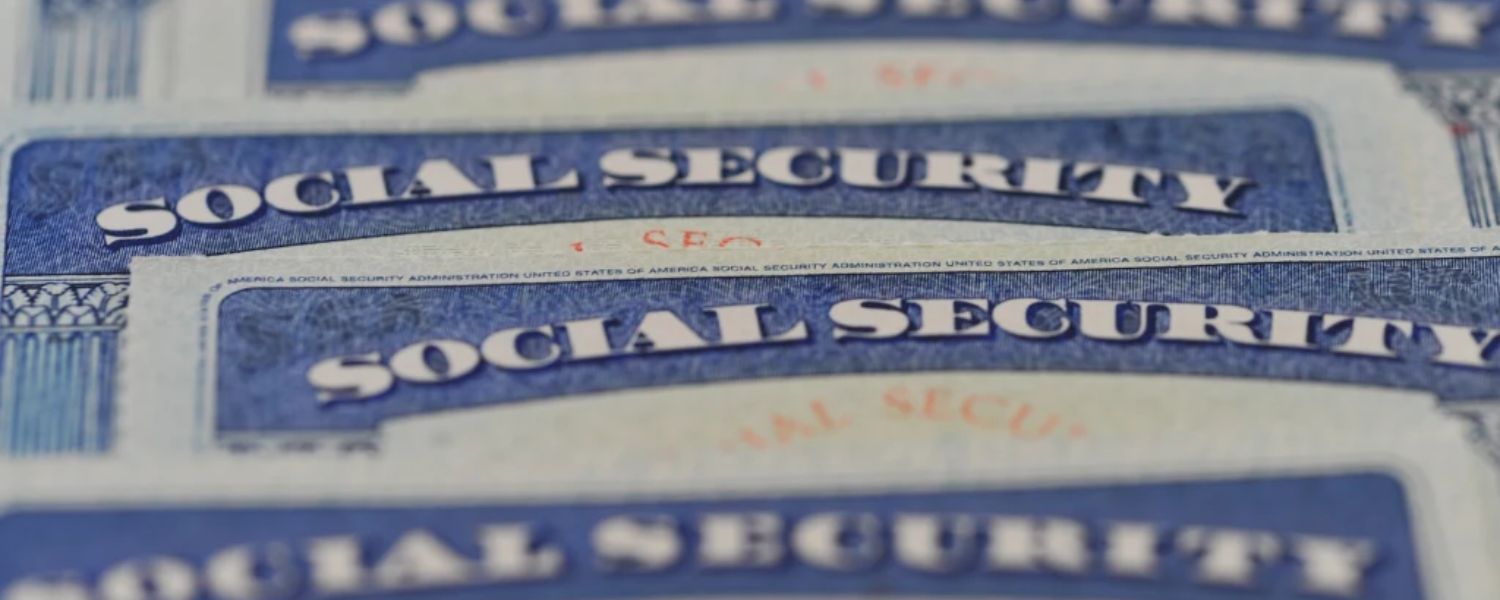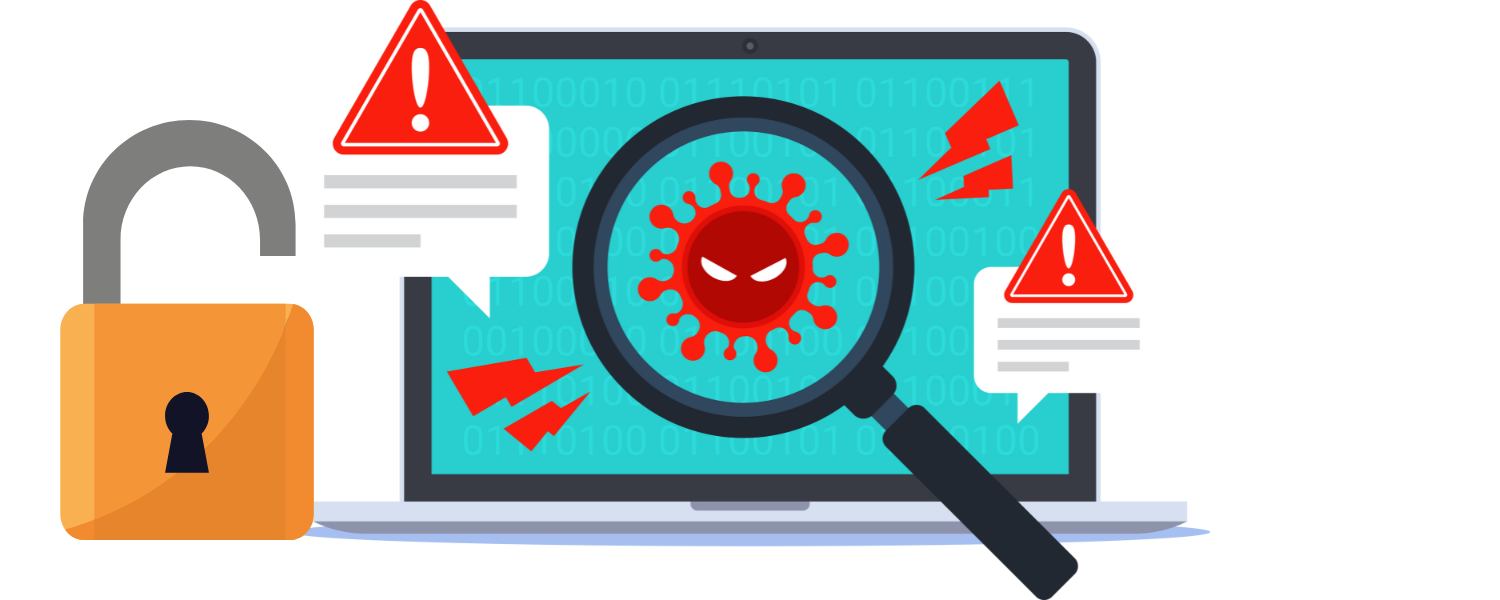Computer Security Tips
To Keep Your Information Safe
A Guide for Older Adults
To Keep Your Information Safe

In today’s digital age, computers and the internet have become an integral part of our lives. From online shopping to staying connected with loved ones, the benefits are undeniable. However, with these conveniences come potential risks to your personal information. As an older adult, it’s important to understand how to navigate the online world safely. Let’s explore essential computer security tips tailored to your needs, helping you enjoy the digital world while keeping your information secure.
1. Update Regularly
One of the most important steps you can take to secure your computer is to keep your software, operating system, and applications up to date. Updates often include patches that fix vulnerabilities that hackers could exploit. Set your computer to receive automatic updates whenever possible to ensure you’re always protected.
2. Use Strong and Unique Passwords
Using strong and unique passwords for each of your online accounts is a crucial defense against unauthorized access. Combine letters, numbers, and special characters to create complex passwords that are difficult to guess. Consider using a passphrase, which is a sequence of words that’s easier for you to remember yet hard for others to crack.
3. Two-Factor Authentication (2FA)
2FA adds an extra layer of security to your accounts. When enabled, it requires you to provide a second piece of information, like a text message code or fingerprint, in addition to your password. This prevents unauthorized access even if someone manages to steal your password.
4. Beware of Phishing Attempts
Phishing is a common tactic used by cybercriminals to trick individuals into revealing sensitive information. Be cautious when receiving unsolicited emails, messages, or phone calls asking for personal or financial details. Always verify the sender’s legitimacy before sharing any information.
5. Secure Wi-Fi Connection
Your home Wi-Fi network should be protected with a strong password. Avoid using default passwords that are easily guessable. Additionally, consider using WPA3 encryption, which provides a higher level of security compared to older encryption methods.
6. Use Reliable Security Software
Install reputable antivirus and anti-malware software to protect your computer from viruses, spyware, and other malicious software. Keep this software updated to ensure it can effectively detect and remove threats.
7. Secure Your Social Media Profiles
Review your social media privacy settings and ensure that you’re sharing information only with people you trust. Avoid sharing personal details like your home address, phone number, or birthdate publicly.
8. Be Cautious with Downloads
Only download software and files from trusted sources. Malicious software often disguises itself as legitimate applications. Stick to well-known websites or official app stores when downloading software.
9. Regular Backups
Back up your important files and data regularly. This way, if your computer becomes compromised, you won’t lose precious memories or sensitive information. External hard drives, cloud storage, or automatic backup services are great options.
10. Educate Yourself Continuously
Staying informed about the latest online threats and security best practices is essential. Online scams and tactics evolve, so dedicating time to learning about current trends will help you stay ahead of potential risks.
Embracing the digital world doesn’t have to be daunting. By following these computer security tips, you can enjoy the convenience of the internet while safeguarding your personal information. Remember, your online safety is in your hands, and a little knowledge can go a long way in keeping you protected.
Tech 4 Life offers Weekly Antivirus Software, Virus Scans, Software Updates, and File Cleanup for just $272 per year!
Use code FALL at checkout and get it for just $99 for the year!
Code expires 9/30/23











